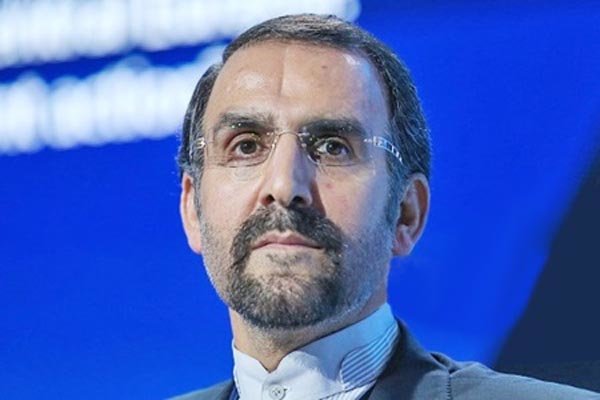Speaking in a Russian State Duma session entitled ‘Russia-Iran relations after 39 years in post-Islamic Revolution in Iran,’ Mehdi Sanaei said that Iran-Russia cooperation has become a tradition and it is turning into a historical experience.
“After the Islamic Revolution, and following the collapse of the Soviet Union in the 1990s, relations between the two countries more and more stabilized,” Sanaei said, adding especially in the past two years, cooperation between the two countries has increased in various fields at bilateral, regional and international levels, as it shown by the increasing number of high-ranking mutual visits and consultation between the two countries.
Elsewhere in his remarks, Iran’s ambassador referred to the common threats between Iran and Russia, saying that production of narcotics in the region as a serious threat to both countries has increased 40 times over the past 15 years, and terrorism has become a major threat that require Iran-Russia further cooperation.
Sanaei explained that the US unilateralism is a major source of many challenges in the world, warning that the western and US new sanctions against Iran and Russia and also US new nuclear doctrine are two major common threats against both countries.
The Iranian ambassador further referred to the common interests of the both sides, highlighting that the two countries’ cooperation can increase the regional security in both Central Asia and the Middle East.
Iranian ambassador stated that regional stability in the Middle East and Eurasia, and bilateral cooperation in the field of energy, stabilization of energy prices, transit of goods through the north-south corridor, as well as cooperation in the Caspian Sea region can serve the intersets of both countries.
Sanaei went on to concluded that International cooperation between the two countries in international and regional areas including human rights, disarmament, preserving international agreements such as the JCPOA, finding multilateral solutions and mechanisms for resolving regional issues can increase.
KI/4227747


























Your Comment